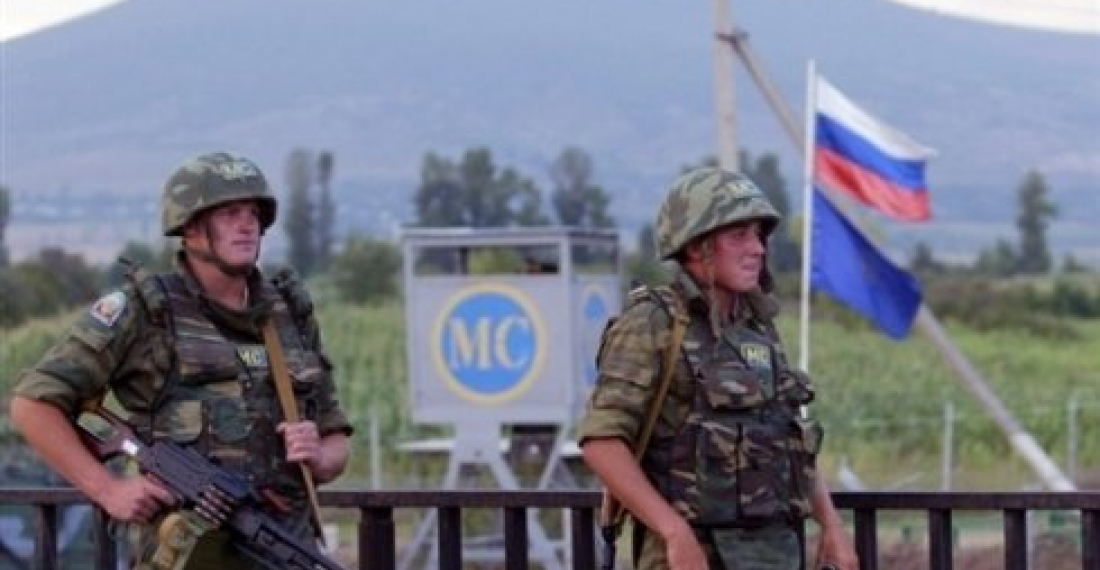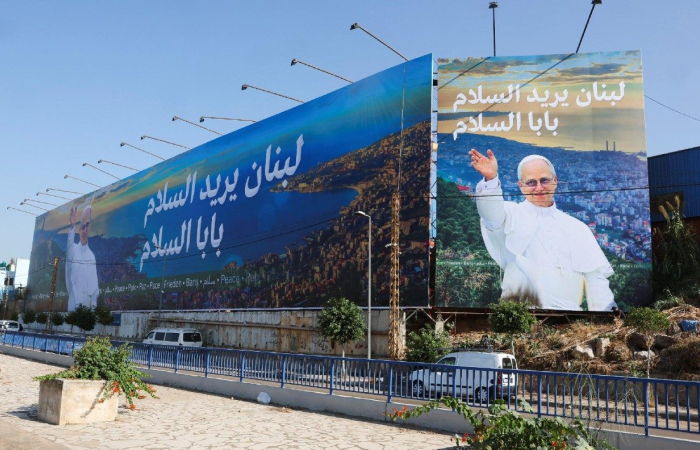Russian media is peculating about the possible deployment of a Russian peacekeeping force in Nagorno-Karabakh. But experts are advising caution.
On Monday (5 October), the Russian newspaper Izvestia carried an extensive report on the current fighting in Nagorno-Karabaklh and speculated about the possibility of deploying a Russian peacekeeping force. Izvestia said:
A week has passed since the current conflict in Nagorno-Karabakh erupted, and this recent flare-up of hostilities is not dying down, whatsoever. On the contrary, things are heating up. On October 4, Armenia and Azerbaijan exchanged missile strikes against the peaceful regions of Stepanakert and Ganja with casualties in both cities. At the moment, neither side is ready for negotiations, Izvestia writes, yet only Yerevan is talking about bringing peacekeepers into the region. Nevertheless, Presidential Adviser of the Nagorno-Karabakh Republic David Babayan told the newspaper that first it is necessary to resolve the situation on the battlefield.
Bringing Russian peacekeepers to Nagorno-Karabakh could be discussed within the framework of the OSCE Minsk Group, Armenian Prime Minister Nikol Pashinyan said. However, so far neither Baku nor Yerevan has taken any real steps towards peaceful negotiations without conditions.
Babayan told Izvestia that it is too early to talk about the introduction of a peacekeeping contingent. "We are forced to stop enemy attacks every second. Let's talk about peacekeepers and other aspects after we smash the backbone of this terrorism, which Azerbaijan and Turkey embody," the politician insisted.
Rasim Musabekov, a member of the Azerbaijani parliament, told Izvestia that the issue with the peacekeepers can be discussed only after Armenia withdraws its military from Nagorno-Karabakh.
According to political scientist Denis Denisov, until a third party intervenes in the conflict, it is bound to continue until one side potentially is victorious. In the meantime, the situation does little to ensure that Baku and Yerevan would voluntarily end the mutual shelling and sit down at the negotiating table. Deploying peacekeepers, he added, is not a simple mechanism, since the consent of both sides is needed, as well as a UN mandate. Hastiness in this matter can greatly harm the entire process and endanger the peacekeepers themselves, the expert believes.
source: commonspace.eu with Tass news agency (Moscow) and Izvestia (Moscow).
photo: Russian peacekeepers (archive picture)






